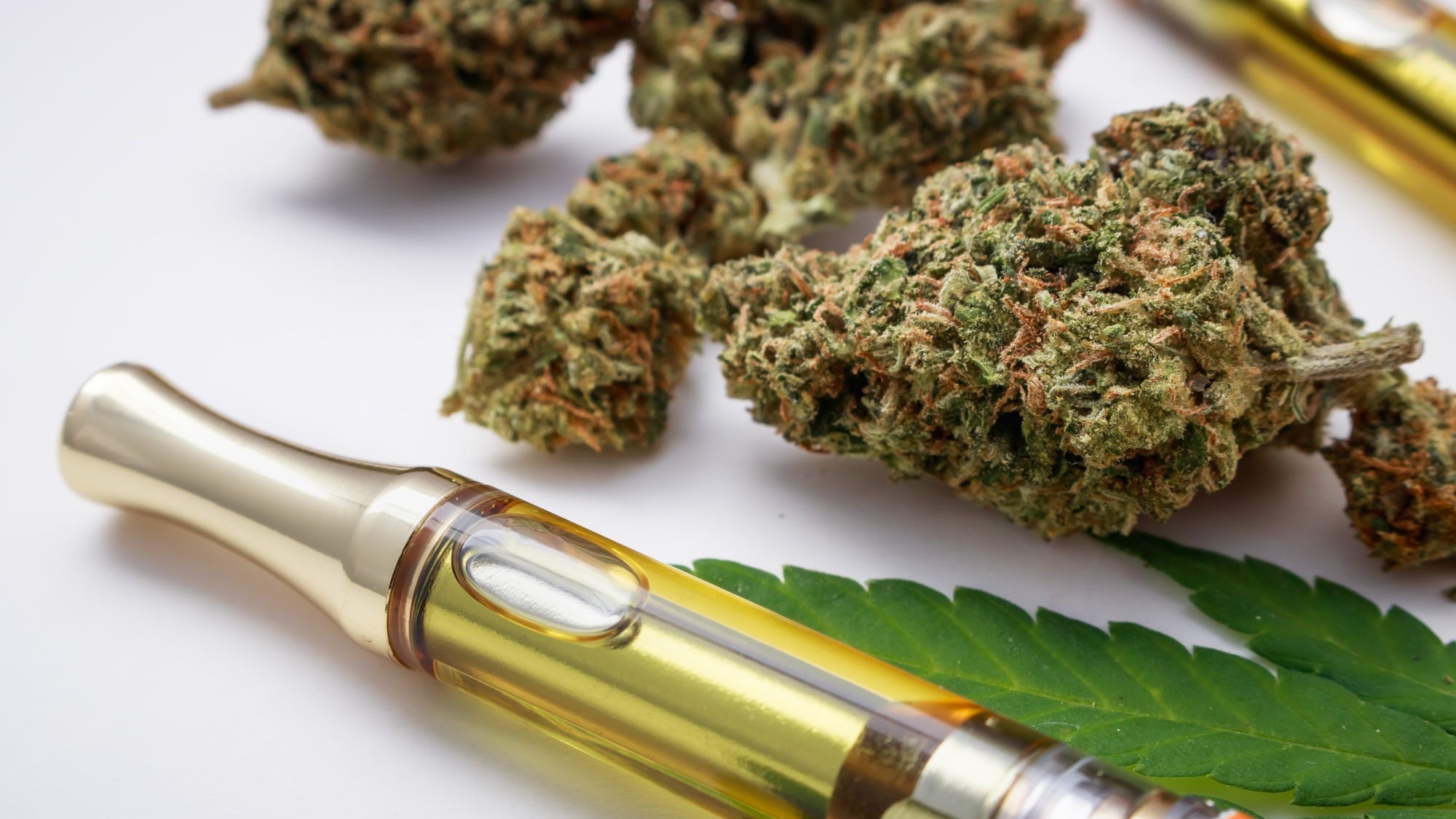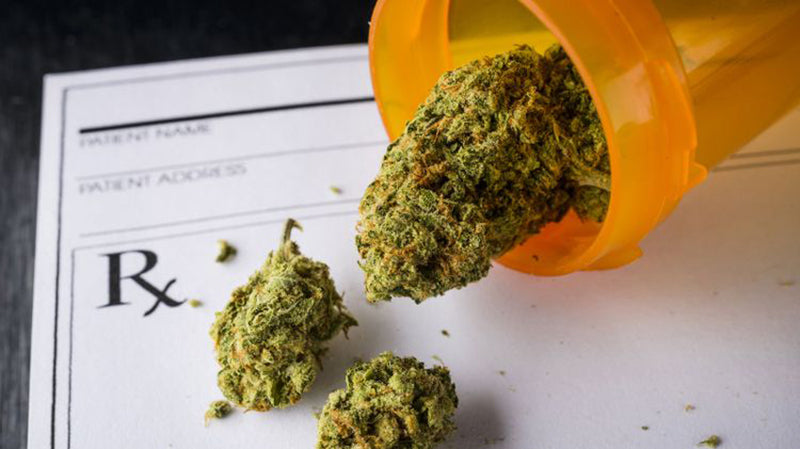
A New Dawn for Illinois Hemp: Lawmaker’s Meeting Sparks Hope
In the heart of Chicago, on a crisp July morning in 2025, Illinois State Representative La Shawn Ford convened a pivotal meeting to address the burgeoning challenges facing the state’s hemp industry. Hosted by the Illinois Healthy Alternatives Association, this gathering marked a significant step toward crafting regulations that balance public safety with economic opportunity. The hemp industry, revitalized by the 2018 Farm Bill, has grown exponentially, yet it faces a complex web of regulatory, economic, and social hurdles. This blog post delves into the intricacies of that meeting, exploring the state of Illinois’ hemp sector, the obstacles it confronts, and the path forward for stakeholders.
Hemp Industry Stats: A Snapshot of Growth and Potential
The hemp industry in Illinois has seen remarkable growth since its federal legalization in 2018. According to the Illinois Department of Agriculture, the state authorized over 14,000 acres for hemp cultivation in 2025, a stark contrast to the mere 32 acres planted in 2014. This expansion reflects a national trend, with the U.S. hemp market valued at $824 million in 2024 and projected to reach $1.7 billion by 2028. In Illinois alone, hemp-derived products, including CBD oils and delta-8 THC, contribute significantly to a market that some estimate could generate $1.5 billion in revenue over the next four years if properly regulated. The state currently has two registered industrial hemp processors in Rock Island County, underscoring its role as a regional hub.
Nationwide, hemp products have diversified, ranging from textiles and building materials to health-oriented CBD products and intoxicating derivatives like delta-8 THC. A 2022 survey revealed that 10% of Illinois youths aged 12 to 17 used hemp products in the past year, highlighting their widespread appeal. However, this popularity comes with concerns, as the National Poison Center reported an 89% increase in accidental or abusive ingestion of delta-8, delta-10, and THC-O acetate from 2021 to 2022. These statistics underscore the dual nature of the industry’s growth: a booming market with untapped potential, yet one fraught with regulatory gaps that demand attention.
Hemp Industry Challenges: Navigating a Gray Market
The Illinois hemp industry faces a myriad of challenges, many of which were at the forefront of Rep. Ford’s meeting. One of the most pressing issues is the regulatory ambiguity surrounding hemp-derived intoxicating products. Unlike marijuana, which is subject to stringent state oversight and taxes of up to 40% based on potency, hemp products operate in a “gray market” with minimal regulation. This lack of oversight has led to concerns about product safety, particularly with delta-8 THC, which some argue is too accessible to minors due to its availability in convenience stores and gas stations. Packaging that mimics popular candies and snacks further exacerbates fears of accidental consumption by children.
Another significant challenge is the tension between the hemp and cannabis industries. The Cannabis Business Association of Illinois, representing licensed marijuana dispensaries, argues that unregulated hemp products undercut their market, which faces high licensing fees and strict compliance costs. For instance, cannabis dispensaries pay up to $60,000 for licenses, while hemp businesses could potentially operate under a proposed $500 licensing fee. This disparity has fueled accusations that the cannabis industry seeks to absorb hemp under its regulatory umbrella to eliminate competition, a sentiment echoed by hemp advocates like Craig Katz, who noted, “The differentiation nationwide between hemp and marijuana products is an attempt by one industry to take more control over the other.”
Economic pressures also loom large. House Bill 4293, which aimed to classify hemp-derived intoxicating products as cannabis, sparked fierce opposition from small business owners like Misty Nelson of Sunkissed Greenz in Mokena. Nelson, who relies on hemp sales for 40% of her profits, warned that such a bill could “wipe out” her business. The bill’s failure in January 2025, despite passing the Senate 54-1, highlighted deep divisions within the Democratic caucus, with Chicago Mayor Brandon Johnson and House Speaker Emanuel “Chris” Welch citing concerns over its impact on minority-owned businesses. The debate has since shifted to local levels, with proposals like Ald. William Hall’s plan to license hemp shops in Chicago.
Voices of the Industry: Stakeholders Speak Out
The Chicago meeting brought together a diverse array of stakeholders, from hemp farmers like Justin Ward of Stoney Branch Farms to advocates like Samuel Wilson of the Illinois Black Hemp Association. Ward emphasized the industry’s potential to create generational wealth, particularly for Black entrepreneurs disproportionately affected by past drug policies. He argued that hemp’s lower compliance costs make it more accessible than the heavily regulated cannabis market, which has struggled to deliver on its social equity promises. Wilson, a former firefighter, shared how hemp products alleviated his chronic pain, underscoring their value as alternative health solutions.
Craig Katz, representing the Illinois Healthy Alternatives Association, advocated for “common-sense regulations” that protect consumers while preserving the industry’s independence. He suggested age restrictions, potentially at 18 or 21, and improved testing and labeling to ensure product safety. However, he cautioned against overly restrictive measures that could stifle small businesses, many of which are minority- or women-owned. The failure of HB 4293, while a victory for hemp advocates, was described as a temporary reprieve, with Governor J.B. Pritzker signaling that the issue will resurface in the 2025 legislative session.

The Political Landscape: Power Plays and Promises
The hemp debate in Illinois is not just about policy but also politics. Governor Pritzker, a vocal supporter of HB 4293, framed it as a public health priority to protect children from untested products. His frustration was palpable when the bill stalled, blaming “special interests” and campaign contributions from the hemp industry. Records show that the Illinois Hemp Business Association donated $5,000 to Rep. Ford’s campaign and $10,000 to Welch’s, though both lawmakers denied that these funds influenced their stance. Conversely, the cannabis industry’s ICANN political action committee has contributed over $285,000 to lawmakers since 2020, highlighting the financial stakes in this rivalry.
Chicago Mayor Brandon Johnson’s opposition to HB 4293, citing revenue concerns for the city, added another layer of complexity. His administration’s push for local regulation reflects a broader tension between state and municipal priorities. Meanwhile, Rep. Ford’s leadership in convening stakeholders signals a commitment to collaboration, with proposals like House Bill 5306 and Senate Bill 3790 aiming to introduce licensing and a 10% tax on hemp sales to generate revenue while ensuring safety.
Looking Ahead: A Balanced Future for Hemp
As Illinois grapples with these challenges, the July 2025 meeting marks a turning point. Rep. Ford’s call for regulations that protect minors while preserving adult access to hemp products resonates with stakeholders who see the industry’s potential to drive economic growth and innovation. The proposed 21-and-over age limit, coupled with testing and labeling standards, could address public health concerns without decimating small businesses. The University of Illinois’ hemp study recommends such measures, warning that outright bans may push consumers to unregulated online markets.
The hemp industry’s future in Illinois hinges on finding a balance between regulation and opportunity. With the 2025 legislative session looming, stakeholders remain vigilant, ready to advocate for policies that foster growth while addressing safety concerns. As Rachel Berry of the Illinois Hemp Growers Association noted, “People are choosing hemp products, so we need regulations that make them safe and accessible.” The Chicago meeting, though just a starting point, has ignited a dialogue that could shape the industry for years to come, ensuring that Illinois remains a leader in the evolving world of hemp.
Discover the future of hemp with D Squared WorldWide! Our premium hemp products, crafted from Illinois’ thriving 14,000-acre industry, offer unmatched quality and versatility. From CBD oils to innovative delta-8 solutions, we deliver safe, lab-tested products that meet the growing demand highlighted in the 2025 Illinois hemp meeting. Despite regulatory challenges, D Squared WorldWide stands out with reliable sourcing and compliance-ready offerings, perfect for retailers seeking profitable, high-demand inventory. Join the $824 million hemp market and elevate your business. Schedule a call today to explore wholesale opportunities and grow with D Squared WorldWide!
Reference:
1. Bradley, E., Hoots, B., Bradley, E., & Roehler, D. (2023). Unintentional ingestion of putative delta-8 tetrahydrocannabinol by two youth requiring critical care: a case report. Journal of Cannabis Research, 5(1). https://doi.org/10.1186/s42238-023-00176-x
2. Burton, R., Andres, M., Cole, M., Cowley, J., & Augustin, M. (2022). Industrial hemp seed: from the field to value-added food ingredients. Journal of Cannabis Research, 4(1). https://doi.org/10.1186/s42238-022-00156-7
Corroon, J., Mackay, D., & Dolphin, W. (2020). Labeling of cannabidiol products: a public health perspective. Cannabis and Cannabinoid Research, 5(4), 274-278. https://doi.org/10.1089/can.2019.0101



